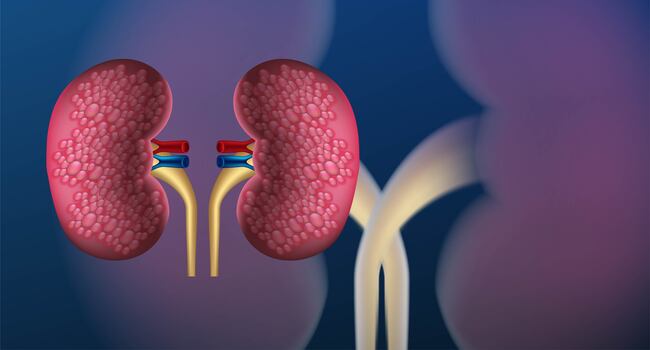
Glomerulonephritis is a disease that affects the kidneys and can cause damage to the glomeruli, which are the tiny blood vessels in the kidneys that filter waste and excess fluids from the blood. This can lead to a variety of symptoms and complications, including proteinuria, hematuria (blood in the urine), decreased kidney function, and in severe cases, kidney failure.
There are several different types of glomerulonephritis, each with its causes, symptoms, and treatments. Some types are caused by an autoimmune response, where the body's immune system mistakenly attacks the glomeruli, while others are caused by infections or other underlying medical conditions.
Glomerulonephritis can affect people of all ages, but it is more common in older adults and those with a history of autoimmune disorders or kidney disease.
Although glomerulonephritis can be a serious condition, early diagnosis, and treatment can help to slow or even halt the progression of the disease. Treatment options may include medications, dietary changes, and in some cases, dialysis or kidney transplant. It is important for individuals experiencing symptoms of glomerulonephritis to seek medical attention promptly to receive appropriate care and management of the disease.
Proteinuria is one of the main targets for treatment, but the success rates are not always optimal. However, a clinical trial has found a potential solution: empagliflozin.
Empagliflozin is a type of medication known as a sodium-glucose transporter 2 inhibitor. This medication is typically used to treat diabetes, but the trial aimed to see if it could also help patients with glomerulonephritis.
Clinical Trial
The trial included 50 patients who were diagnosed with glomerulonephritis and had proteinuria, which means that there was protein in their urine even though they were already receiving treatment with some specific medicines. The patients were put into two groups. Group 1 received a medicine called empagliflozin along with their usual treatment, while Group 2 received a fake medicine called a placebo along with their usual treatment.
